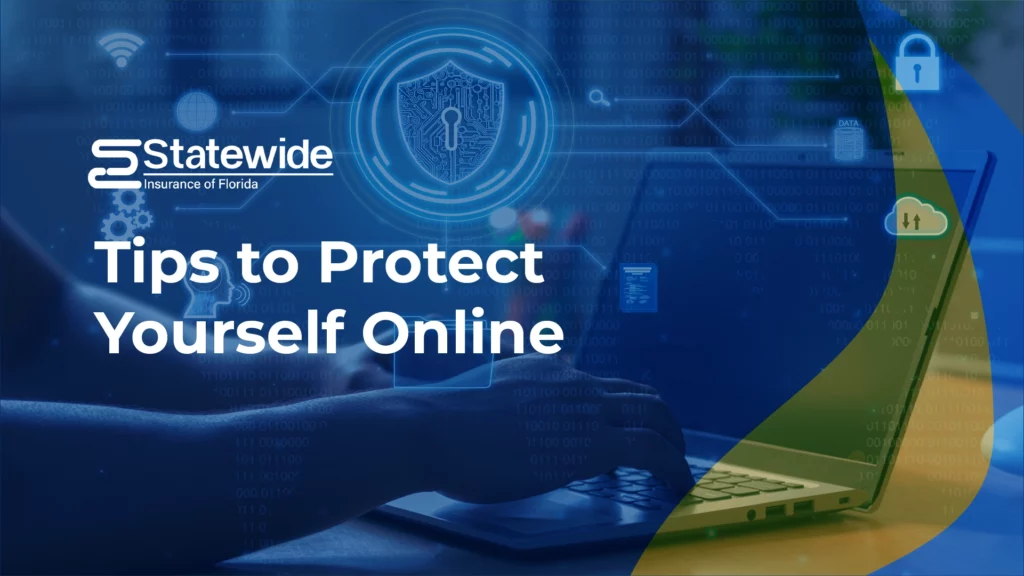Homeowners Insurance: Protecting Your Florida Dream Home
Homeowners Insurance: Protecting Your Florida Dream Home Owning a dream home in Florida is a significant milestone, but it comes with responsibilities, one of which is securing adequate homeowners insurance in Florida. Essential Coverage and Tips for Florida Homeowners Understanding Florida’s Unique Risks: Florida’s climate and weather patterns make specialized insurance crucial for homeowners. Protection […]
Homeowners Insurance: Protecting Your Florida Dream Home Read More »


